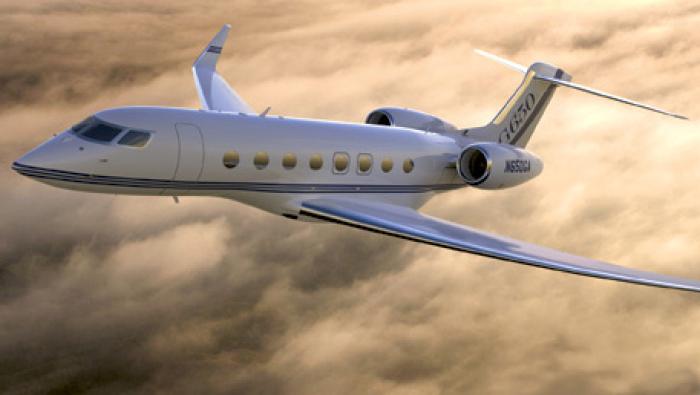Following the delivery of the first S-400 missile systems from Russia to Turkey, the U.S. government has announced that Turkey will be removed from the multinational, U.S.-led F-35 industrial program, and the 100 aircraft on order for the Turkish air force will not be delivered.
An announcement made by White House spokesperson Stephanie Grisham on July 17 stated, “Unfortunately, Turkey's decision to purchase Russian S-400 air defense systems renders its continued involvement with the F-35 impossible. Turkey has been a longstanding and trusted partner and NATO ally for over 65 years, but accepting the S-400 undermines the commitments all NATO allies made to each other to move away from Russian systems.”
The statement went on to emphasize that "the United States still greatly values our strategic relationship with Turkey. As NATO allies, our relationship is multi-layered, and not solely focused on the F-35.”
In a subsequent Pentagon press briefing, Under Secretary for Defense Ellen Lord noted, “The U.S. and other F-35 partners are aligned in this decision to suspend Turkey from the program and initiate the process to formally remove Turkey from the program,” before adding, “Turkey cannot field a Russian intelligence-collection platform in proximity to where the F-35 program makes, repairs, and houses the F-35. Much of the F-35's strength lies in its stealth capabilities, so the ability to detect those capabilities would jeopardize the long-term security of the F-35 program.”
At the same press conference. Deputy Under Secretary for Defense Policy David J. Trachtenerg said, “We will continue our extensive cooperation with Turkey across the entire spectrum of our security relationship. We have been clear and consistent that Turkey can choose to acquire the S-400 or the F-35. It cannot have both. Our decision to unwind Turkey’s participation in the F-35 program is no surprise as our concerns have repeatedly been communicated to the Turkish government.”
Trachtenberg said, “Our reaction today is a specific response to a specific event,” underlining Lord’s earlier assertion that the decision to remove Turkey was to “mitigate risks to the F-35” and was “separate from any congressionally mandated, Russia-related sanctions under the Countering America's Adversaries Through Sanctions Act, or CAATSA.”
Turkey currently supplies 937 separate parts into the F-35 industrial chain. In anticipation of the country’s removal, plans have been worked on since 2018 to source them elsewhere. Lord said that initially they would come primarily from U.S. sources to mitigate the effects of Turkey’s removal, but this would “gradually open up to program partners for first, second, and third sources.” It has been speculated that some of these opportunities could also be used as an incentive to attract nations that are considering purchasing the F-35.
The process of “unwinding” is already under way. The training of Turkish pilots and maintainers at Luke AFB has already been suspended, and they have been notified of a deadline of July 31 to return home. Turkish personnel in the Joint Program Office no longer have access. No details have been released concerning the fate of the aircraft already handed over to Turkey, but which have remained in the U.S. for training, or of the remainder of Turkey’s order. The process to completely “unwind” Turkish industry is due to be complete by March 2020, and would cost the U.S. around $500-to-600 million in non-recurring costs, said Lord.







